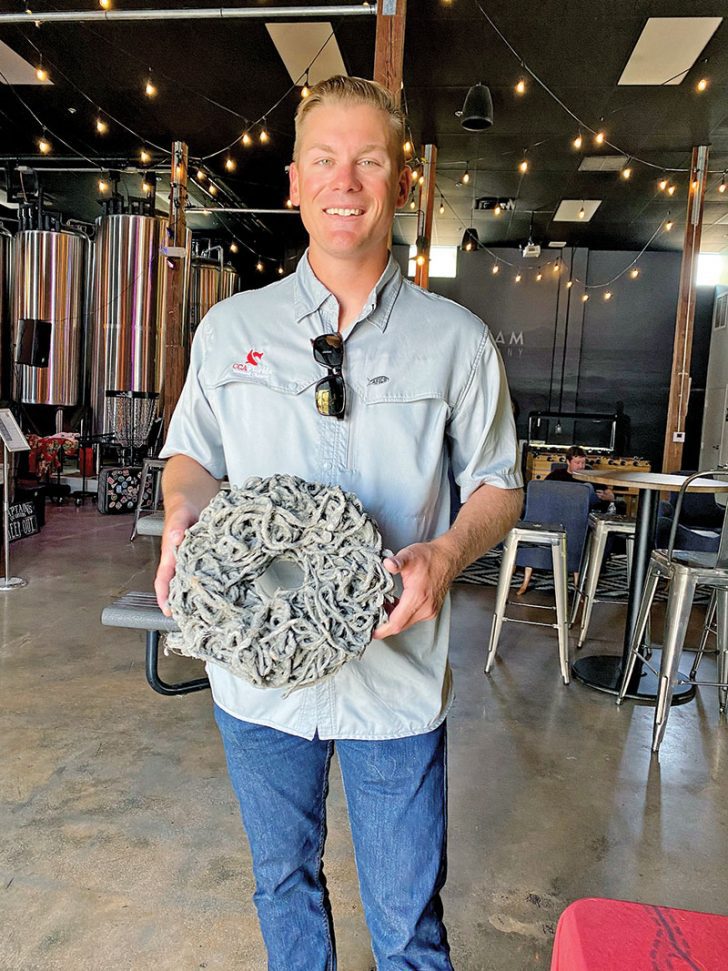
Fort Lauderdale residents have been plagued by an onslaught of sewage spills that have wreaked havoc on the Tarpon River, New River, and surrounding waterways. Most recently, George English Park was the latest victim of a large spill that drained into George English Lake. In the past several weeks, a combined 232 million gallons have spilled locally. For perspective, 327 million gallons of sewage has spilled in the entire State of Florida in the past ten years. CCA Florida has responded to these unfortunate events with a public statement defending the need for infrastructure overhaul, not only in Fort Lauderdale, but all around the state. CCA Florida will continue to monitor the effects of these spills as well as the progress made to remediate the environment and rebuild infrastructure.
The CCA Broward Chapter had begun making plans in late 2019 to pilot an oyster restoration project in Fort Lauderdale. The sewage spills that occurred shortly after these plans began taking shape have only reinforced the need for remediation in our local waterways. The plans begin with the tedious task of gathering pertinent data from various areas of Fort Lauderdale’s river and canal system. To accomplish this, the organization has enlisted the help of 100 residents that live on the water, many of whom have endured the direct impact of these sewage spills and refer to their neighborhoods as “ground zero.”
The Oyster Restoration Program is a pilot project for future restoration work in the Fort Lauderdale area. This study is not designed to, nor will it fix the current water quality issues, but will gather key data points to identify the areas that may sustain healthy oyster growth. The information collected will be a vital resource going forward, as no such data currently exists. The vision is to locate suitable areas to seed oyster growth and kickstart reproduction again, ultimately adding natural filtration to help restore water quality. One oyster can filter up to 50 gallons of water per day.
Researchers will be hanging a specific “Oyster Catcher” product from docks that CCA has purchased in order to provide a place for oyster seeds to latch onto and ultimately grow into mature oysters. Water temperature, salinity measurements as well as tidal stage and tidal flow observations will be recorded. Oyster species will also be determined. Additional data will be collected as the project progresses. The next steps will be determined after completion of the pilot in approximately 18 months.
MIKE LAMBRECHTS
Vice President, CCA Florida
President – Broward County Chapter
Coastal Conservation Association Florida
501(C)(3) Non-Profit Organization
MikeLambrechts0@gmail.com
954-830-0133

